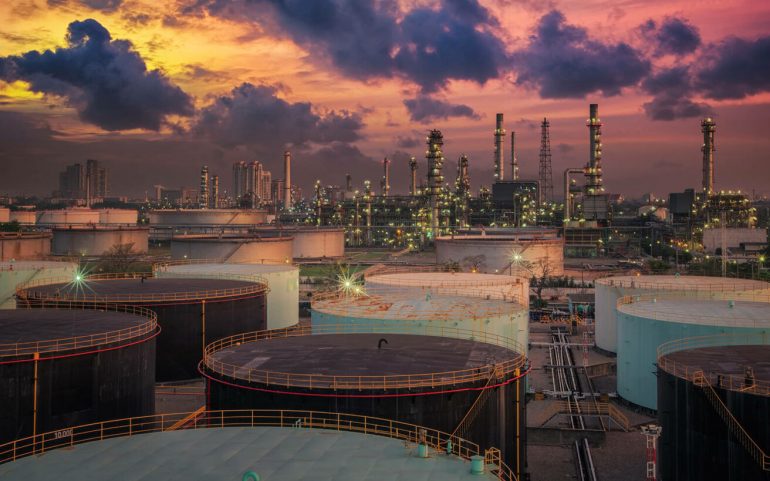His pandemic coronavirus it also caused a collateral loss, a complete surprise for markets and analysts.
And analysts are now rushing to warn that it could lead to changes in the global economy.
The very idea that a good can be sold at negative prices seems outrageous, indicating a complete reversal of the roles of buyer and seller.
Only when we talk about oil, about the blood itself in the veins of modern times economy, such adventures are not exactly new.
As we all experienced, on April 20, 2020, at that nightmarish meeting, the price of American crude, delivered in May, sank for the first time in its history below $ 0 / barrel.
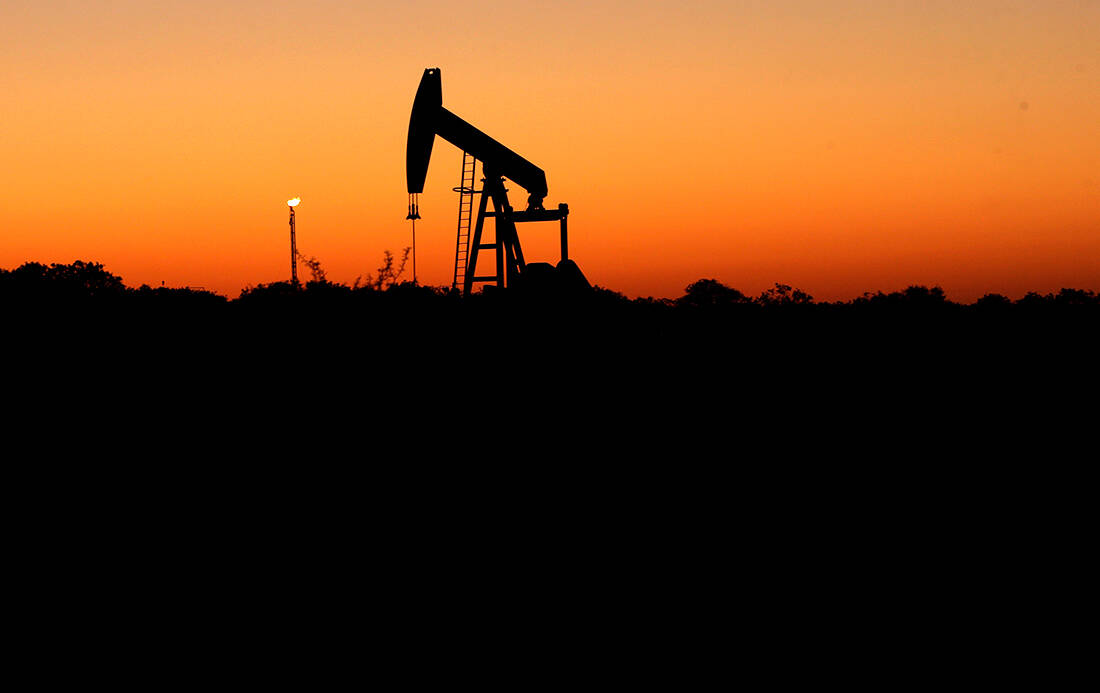
Texas crude even reached -40,32 dollars / barrel. The historic fall was another clear proof of the economic criticality of the global health crisis. Covid-19.
But what triggered the complete reversal of prices and roles? Disposable oil in Oklahoma reservoirs, where US oil reserves go.
Stocks were now more than production and demand was low due to the pandemic. Those who had stocks, now paid to get rid of their unallocated goods!
Naturally, the complete collapse of oil prices sent shivers down the spine. And it was a shock of epic standards.
Market participants have even spoken of a redistribution of forces on the world financial chessboard, with the scales now tilting from the developed to the developing world.
However, oil has always had its way of playing a significant role in the market and resisting the forecasts of experts;
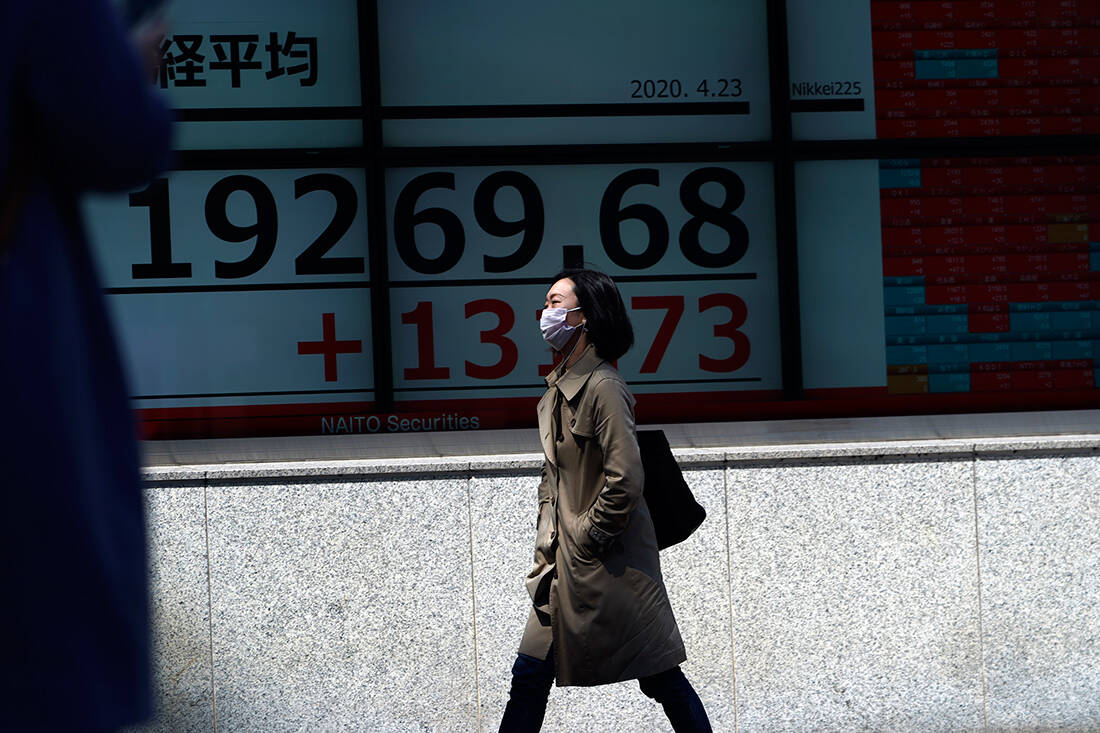
Westerners of a certain age will still remember the horrific increases in oil prices in 1973 and 1979, with boycotts and speculative games by oil-producing countries that made Europe and America run wild.
Analysts observe that something similar has happened gradually since the beginning of 2000, with oil prices rising gradually and remaining high until 2014. These cracks were understood not only by Western consumers, but also by the developing world , which was hit even more.
Who benefited from this? The oil-producing countries, which raised untold sums. Emerging oil companies, such as Petrobras of Brazil and Petronas of Malaysia, became giants in the world market.
As did Russia, returning strong as a major geopolitical power thanks to the robustness of companies such as Rosneft, Lukoil and Gazprom.
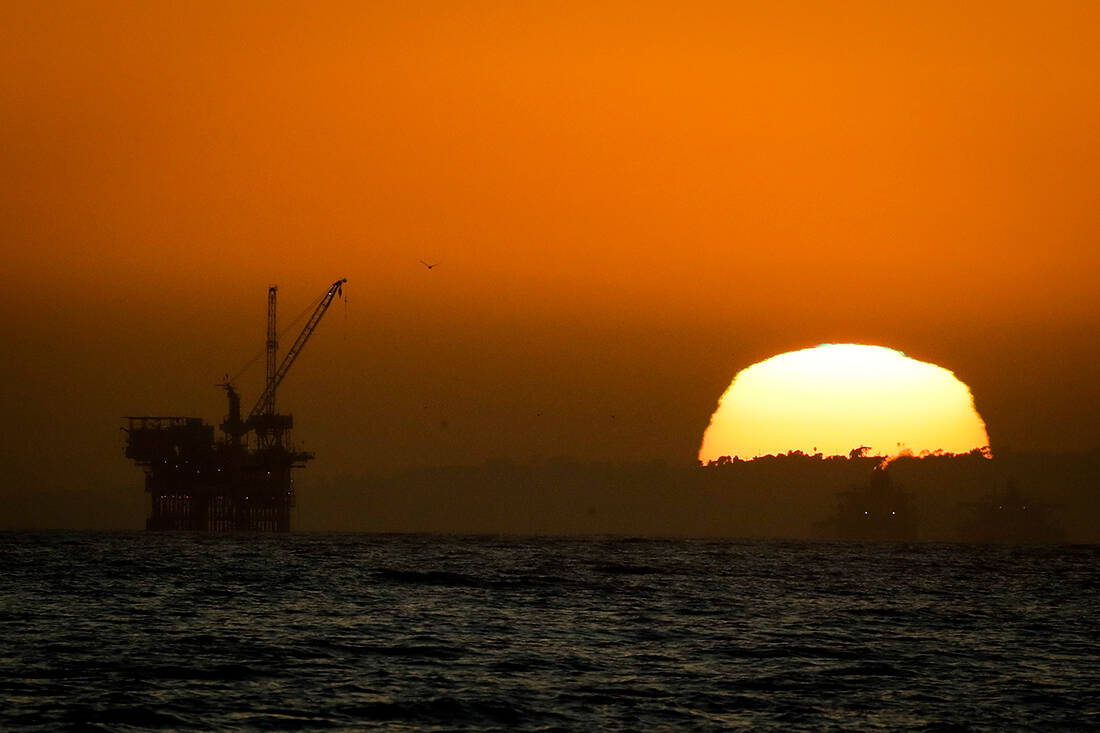
Any increase in the price of fossil fuels is rearranging the world economy, only that it works and vice versa. For the vast majority of countries in the world, the recent drop in oil prices is a blessing.
Emerging markets such as Indonesia, the Philippines, Argentina, Turkey and South Africa benefit the most, where oil imports reflect a good share of their total imports.
Cheap energy can offset a percentage of its losses coronavirus. At the same time, however, low oil prices are a major blow to its producers.
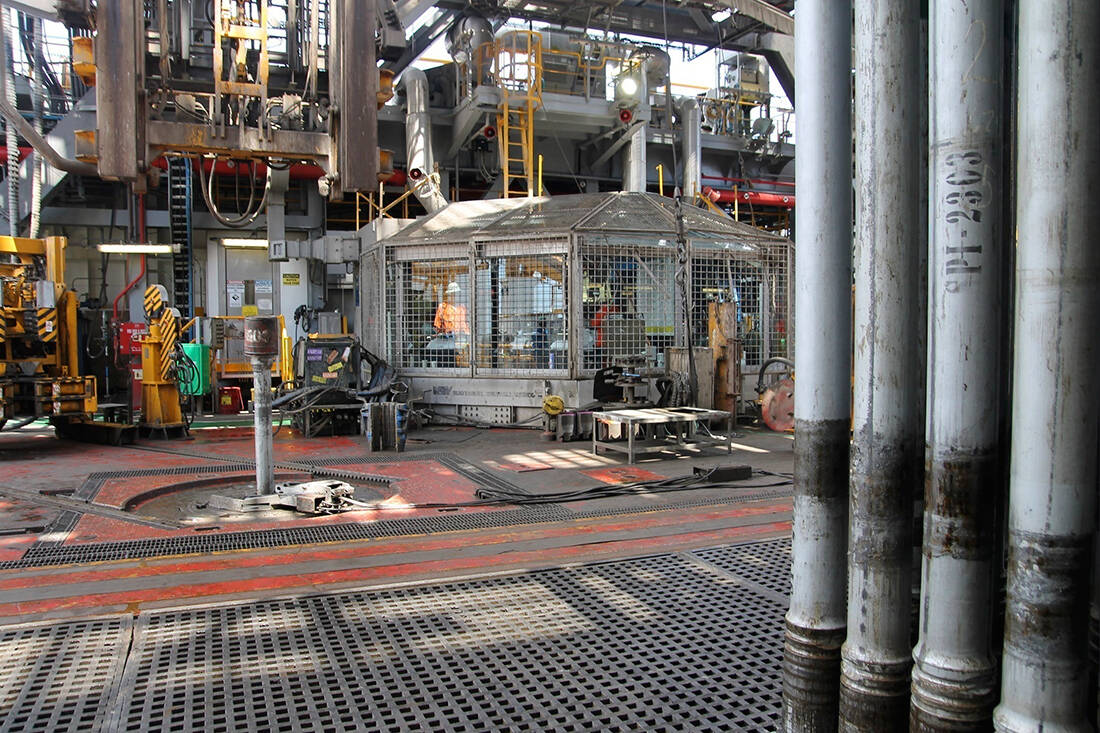
This is not the first time oil has collapsed. The first took place in 1985, when Saudi Arabia started its own price war to regain the market share it had sacrificed at the feet of other OPEC oil producers.
The second occurred in 1997, when the economic crisis that hit Asia led to a sharp drop in demand. A third came in June 2014 and had to do with US stocks, which changed the balance between supply and demand once and for all.
This slump stopped temporarily in September 2016, in that historic deal OPEC and Russia to both limit their production. We are now living through the fourth oil price crisis, facing the unprecedented sinking of demand due to coronavirus.
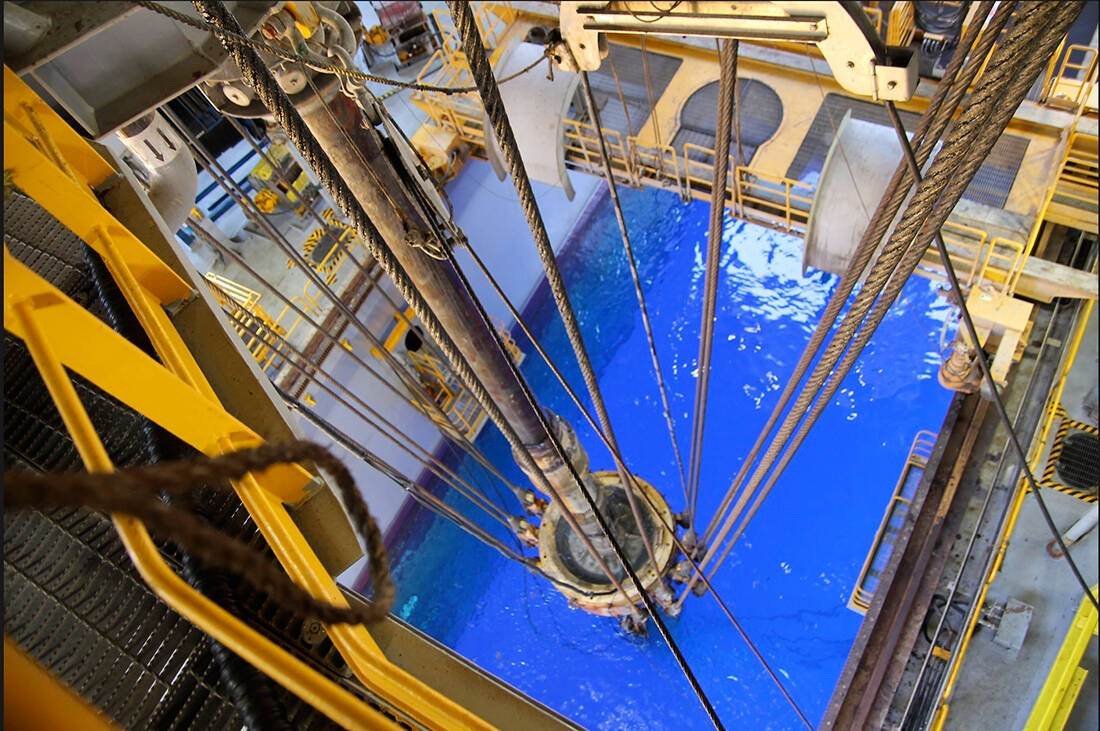
In fact, talks between Russia and Saudi Arabia reached a stalemate in early March. Russia refused to cut production, and Saudi Arabia responded by doubling oil production and launching it on the world market at great discounts.
The landscape remains cloudy. While the negative prices of the US crude delivery in May may be primarily due to technical storage reasons, its prices remain at an all-time low for June as well.
Analysts estimate that current oil prices (adjusted for inflation) are similar to those we last saw in the 1950s, when the US and the British Empire and their countries were the bosses of the oil market. Persian Gulf they were just new players.

It is a fact that we tend to think of oil-producing countries as robust economies, having the money-making cannula. Only this is not the case.
In early February, before the coronavirus became a global scare, the International Monetary Fund warned that Saudi Arabia and the United Arab Emirates will owe everyone by 2034.
Bahrain is currently avoiding the financial crisis with hot money from Saudi Arabia and Oman is so indebted that it will definitely turn to either Riyadh or IMF.
Only the economic profile of the Gulf countries is not typical of most oil-producing countries. Where debts are large, they are manageable.
Brazil's Petrobras, for example, closed 2019 with $ 78,9 billion in debt, one of the largest in the oil market, but no one is panicking.
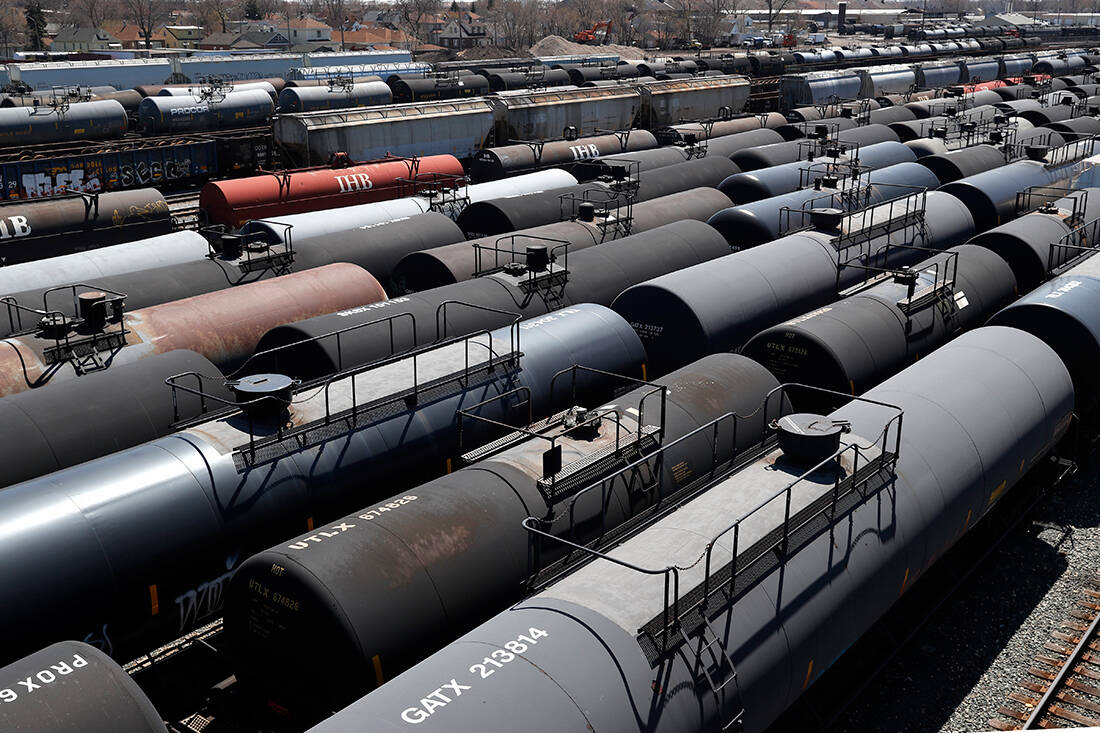
The same is true of Petronas, which accounts for more than 15% of Malaysia's total government revenue over the past five years. The rating agencies appear pessimistic in their predictions, however the company maintains the rating A.
This is because they are thriving businesses with tentacles in the globalized economy. Venezuela, on the other hand, cannot say the same. Maduro's government has been under a lot of pressure since 2014 and the then fall in oil prices.
Ecuador is the second Latin American country with the most pressing problems. His government recently froze the $ 800 million tranche (out of $ 65 billion in national debt) as falling oil prices pushed back his forecast. Something similar happened in Argentina.
This is the profile of the countries that are mainly affected by the current oil crisis, densely populated countries whose productive economy is directly dependent on oil.
Leaving out Iran and the special situation imposed by US sanctions, neighboring Iraq, which 90% of GDP depends on oil, is already struggling to pay its civil servants.
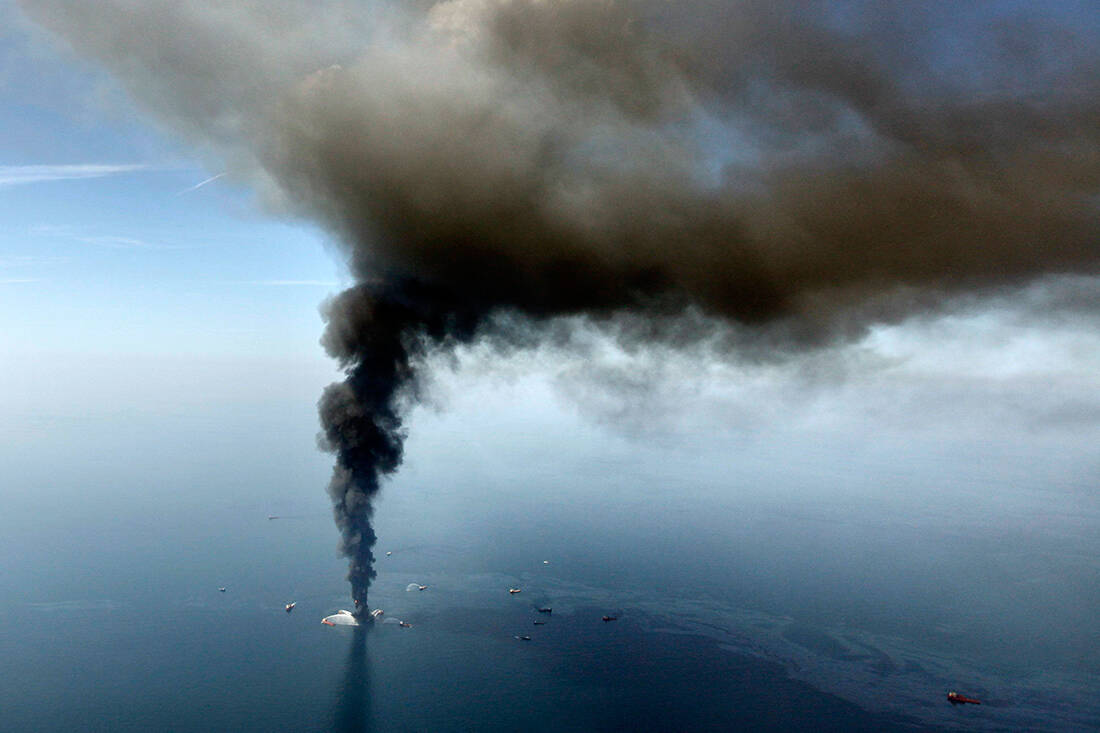
Extremely vulnerable is also Algeria, whose oil reserves once represented 1/3 of its GDP in 2018, according to the IMF, they were exhausted. The Fund expects its reserves to fall below $ 13 billion in 2021.
The only thing that saves her, for the time being, is the fact that she has no national debt. This is not the case for the two major sub-Saharan oil producers, Angola and Nigeria.
Angola's debt soared from 30% of its GDP in 2012 to 111% in 2019, which means that 1/3 of what it gets from its oil exports goes to repay national loans.
And this without the recent fall in oil prices. That is why the country's ten-year bonds have recently been re-evaluated at the lowest CCC + and are considered extremely risky investment move.
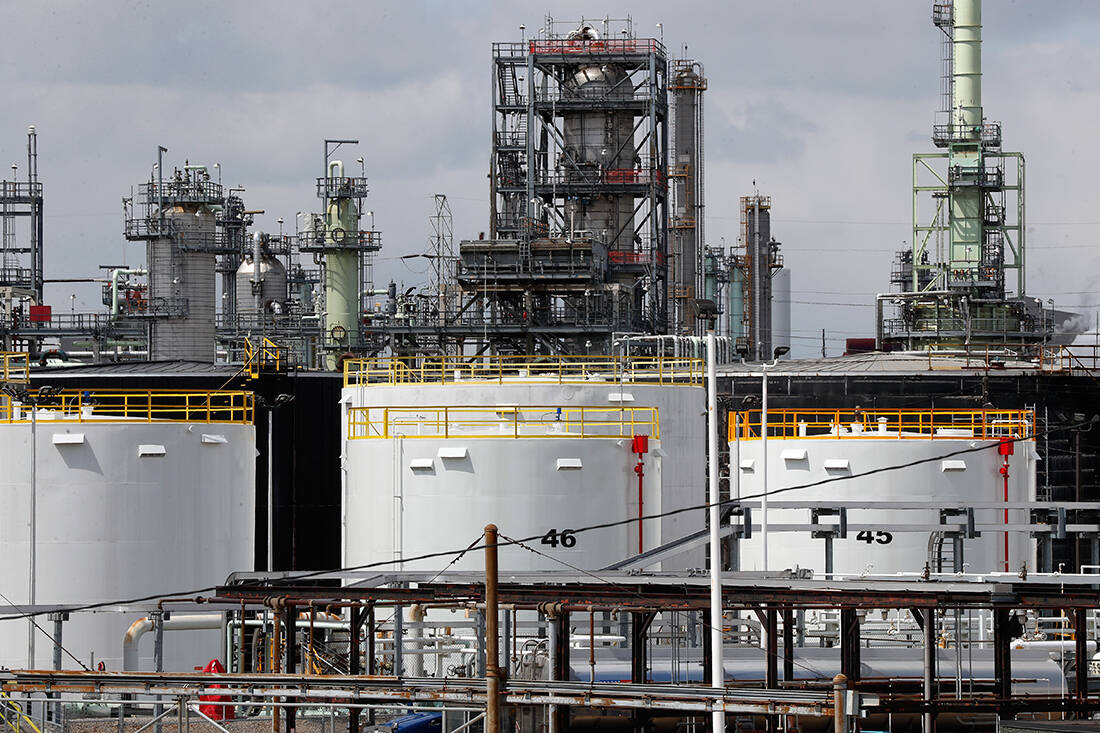
Just last month, Bloomberg estimated how Nigeria overtook South Africa and became the largest African economy. A large and diversified economy that nevertheless continues to rely on its oil, which represents the lion's share of its GDP.
As the new oil crisis erupted, Nigeria's finance minister described the country as in an economic "crisis situation" and Standard & Poor's downgraded its rating to B-, raising its borrowing costs.
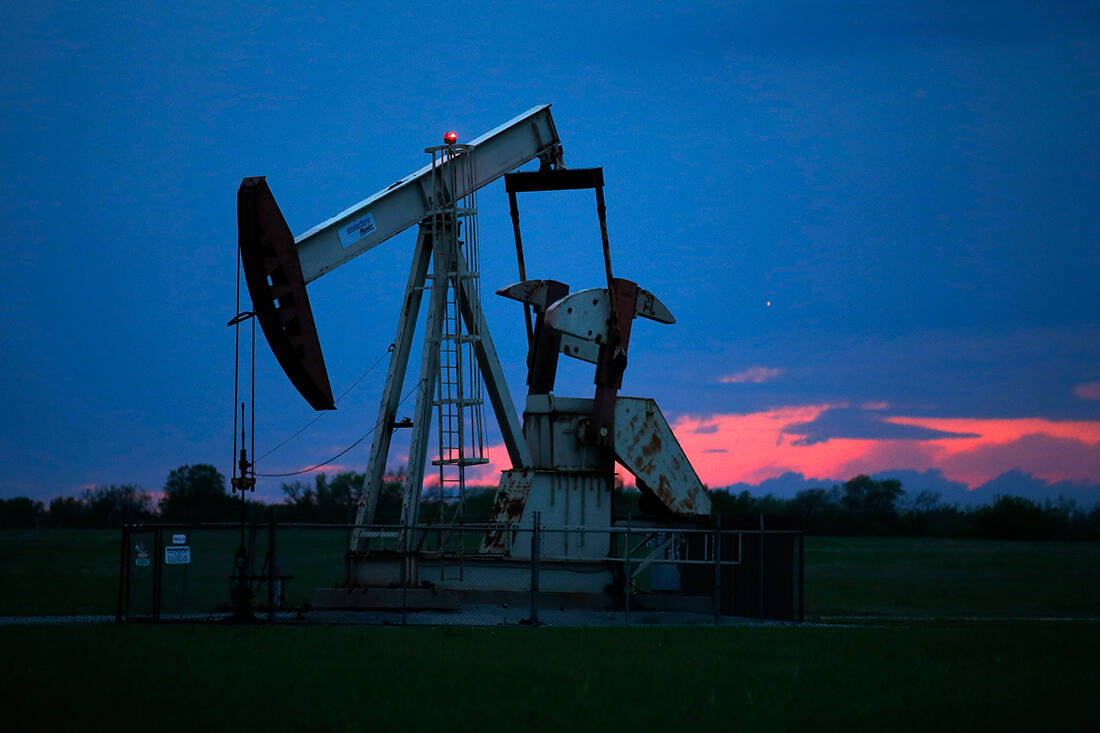
Any fluctuation in oil prices marks times of growth or recession in the global economy. The adventures of prices in the 1970s and the nationalization of the oil industry in Middle East brought the final end of the so-called imperial era.
The 1980s saw the creation of a global energy economy, and 2000 saw the door open to a new era of "state capitalism", where China became the main driver of demand and giants such as Aramco and Rosneft controlled supply.
A milestone here was in 2014, when the collapse in the price of oil caused problems in this model of oil capitalism. Its growth rate China It is not as high as it used to be, and the entry of America has created problems in the efforts of OPEC and Russia to control the market.
As the recent shipwreck in attempts to stabilize oil prices in the global pandemic has shown, there is no real regulator in the oil market. Not even order.
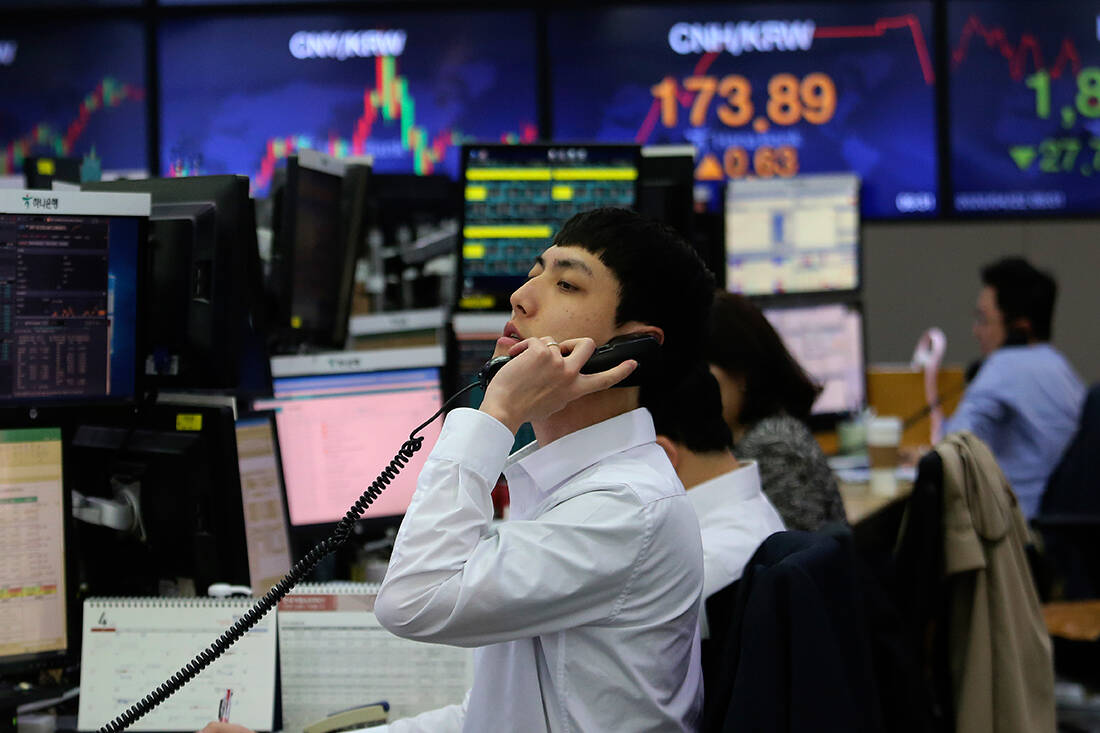
The diplomacy of oil contracts is fragile and no one knows who wants what. Analysts are still wondering what the US government really prefers, high or low prices?
But what does the menu for the future include? Given how ruthless the markets are? At a time when for countries like Iraq, Algeria and Angola the crisis is truly existential, giants like Saudi Arabia and Russia will exploit their Rome to survive the situation.
The International Monetary Fund and the World Bank are waiting for many of the smaller oil producers to line up for financial aid. The regulatory factor here will undoubtedly be China, which since 2004 has in its hands more than 152 billion dollars of debt African, Asian and Latin American countries.
Beijing currently accounts for a large share of Venezuela and Angola's foreign debt. What he intends to do and what he will do in the end is crucial not only for the two countries' economies, but also for the world economy.
The re-deregulation of which the analysts of the largest rating agencies are most afraid. In whose reports they appeared anxious about how vulnerable these fossil fuel producers are before the coronavirus even breaks out.
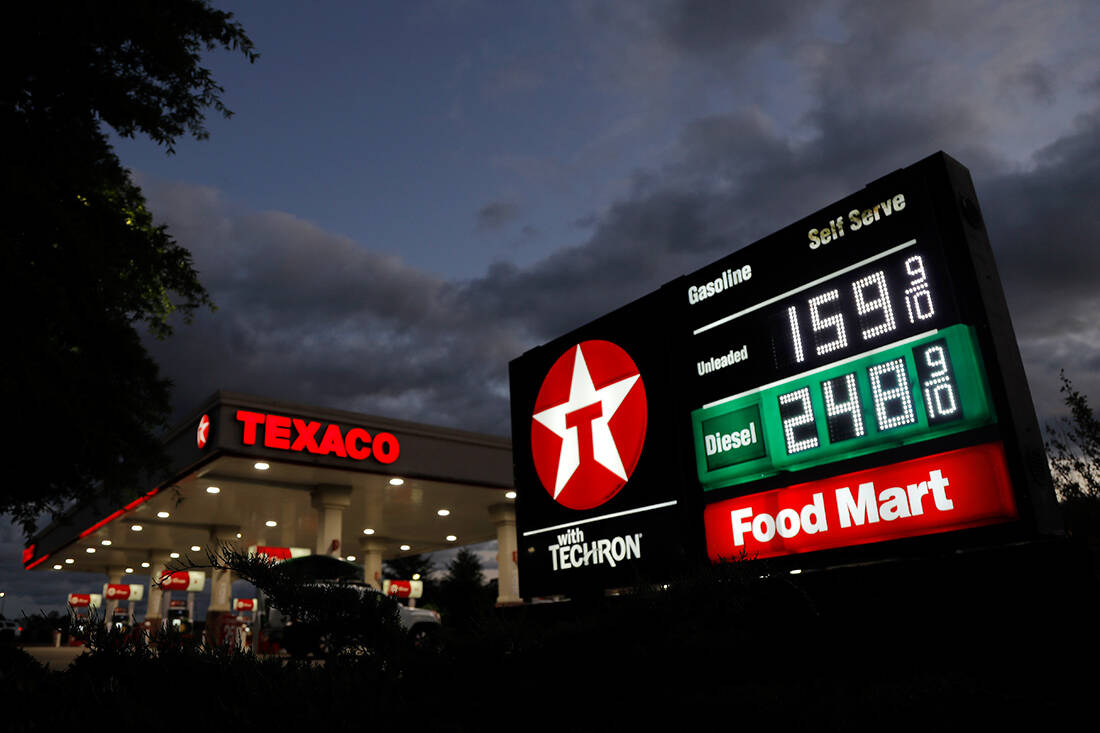
How will they respond to negative oil prices, in this inconceivable situation where oil negotiators pay would-be buyers to buy their oil?
These vulnerable players in the global oil market in the Middle East, North Africa, sub-Saharan Africa and Latin America need to diversify their national economies and not rely on petrodollars if they are to survive.
And let the rest of the world survive with them.
